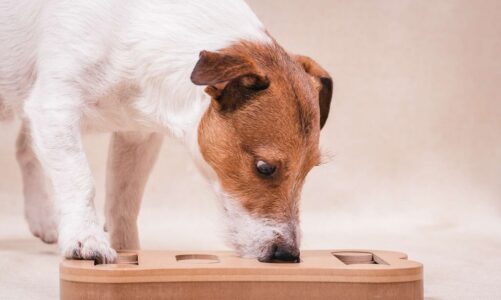Gallstones are usually made up of calcium or some other secreted stuff that shapes into tiny stone-like structures in the cat’s body. In addition, gallstones in cats are a pathological disorder that may arise from the accumulation of stones in the gallbladder. The stones in the bile ducts or the gallbladder may or may not be visible in an x-ray. Assuming that there are some severe signs, surgery is not indicated for gallstones.
Symptoms
Often gallstone cats have no symptoms at all. If that’s the case, his gallstones don’t concern him, and you may be ignorant of their presence. That’s true for people, too — you may have any stones in your gallbladder, and you wouldn’t know it until you had a crisis. Cats with infection due to gallstones may throw up, stop eating, and show up in pain. Since gallstones damage the bile ducts and the liver, your cat can suffer from jaundice, which means that the whites of its eyes and mucous membranes grow a yellow shade.
Recommended: FeLV/FIV Rapid Test in dog
Diagnosis
To diagnosis your pet, your vet will take descriptions of their signs and take blood and urine samples to screen for elevated inflammatory markers and increased white cell count, which is suggestive of infection. Blood checks can also be used to verify the function of the heart. Your cat may undergo a thoracic and abdominal ultrasound that will allow the vet to see the gallbladder, the surrounding organs and the gallstones. Ultrasound can indicate how many gallstones are present and where they are located along bile ducts. It may also show if the gallbladder or liver is inflamed or structurally damaged
Treatment
Unless your cat has serious or life-threatening symptoms, surgery for gallstones is usually not warranted. Intravenous drug therapies are available for this condition, but there is some controversy among vets as to whether these therapies are warranted unless the animal appears to be in danger from gallstones. Surgery or IV treatment usually involves veterinary hospitalization.
Cats suffering from mild gallstones are typically given a high-protein , low-fat diet for the rest of their lives.



